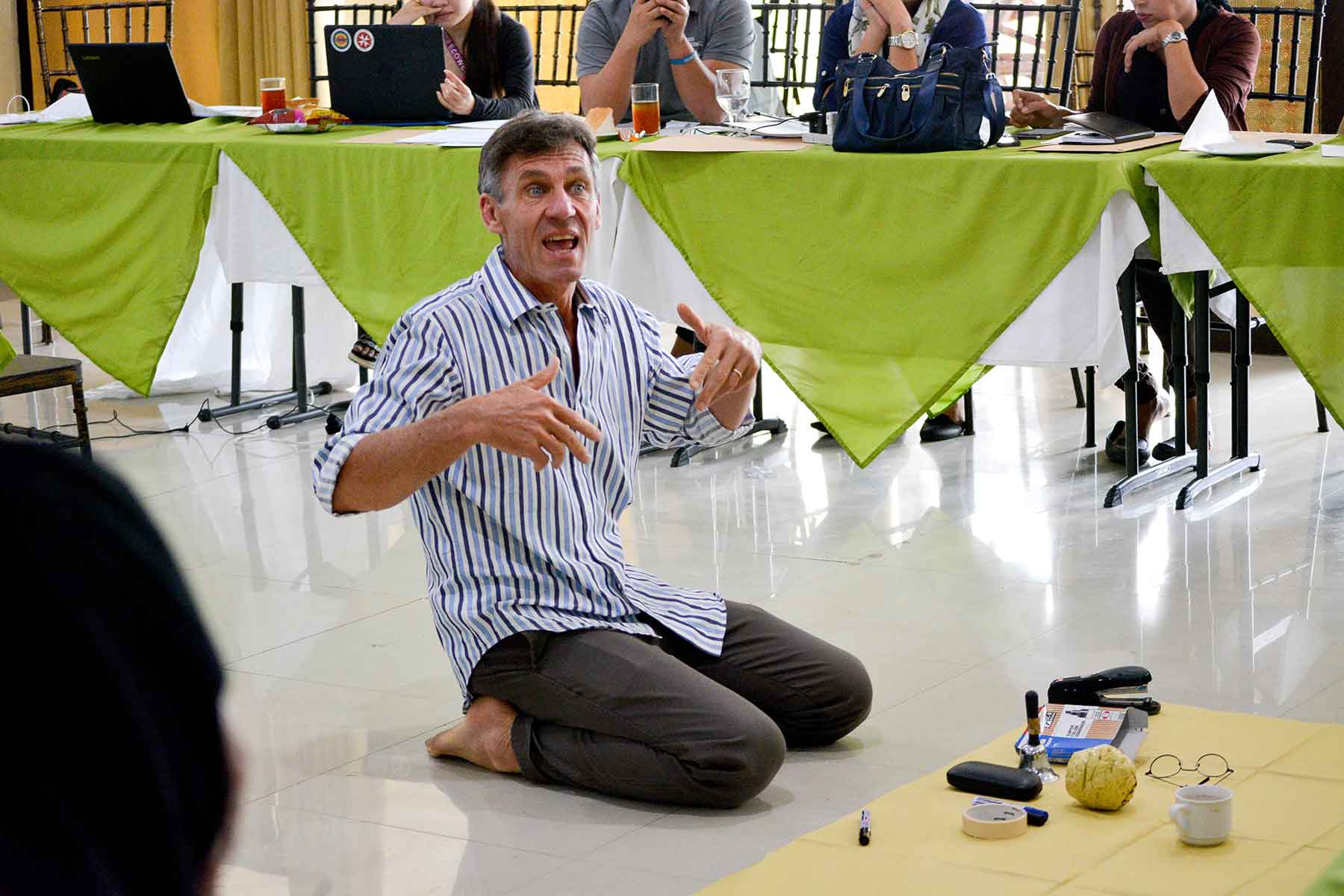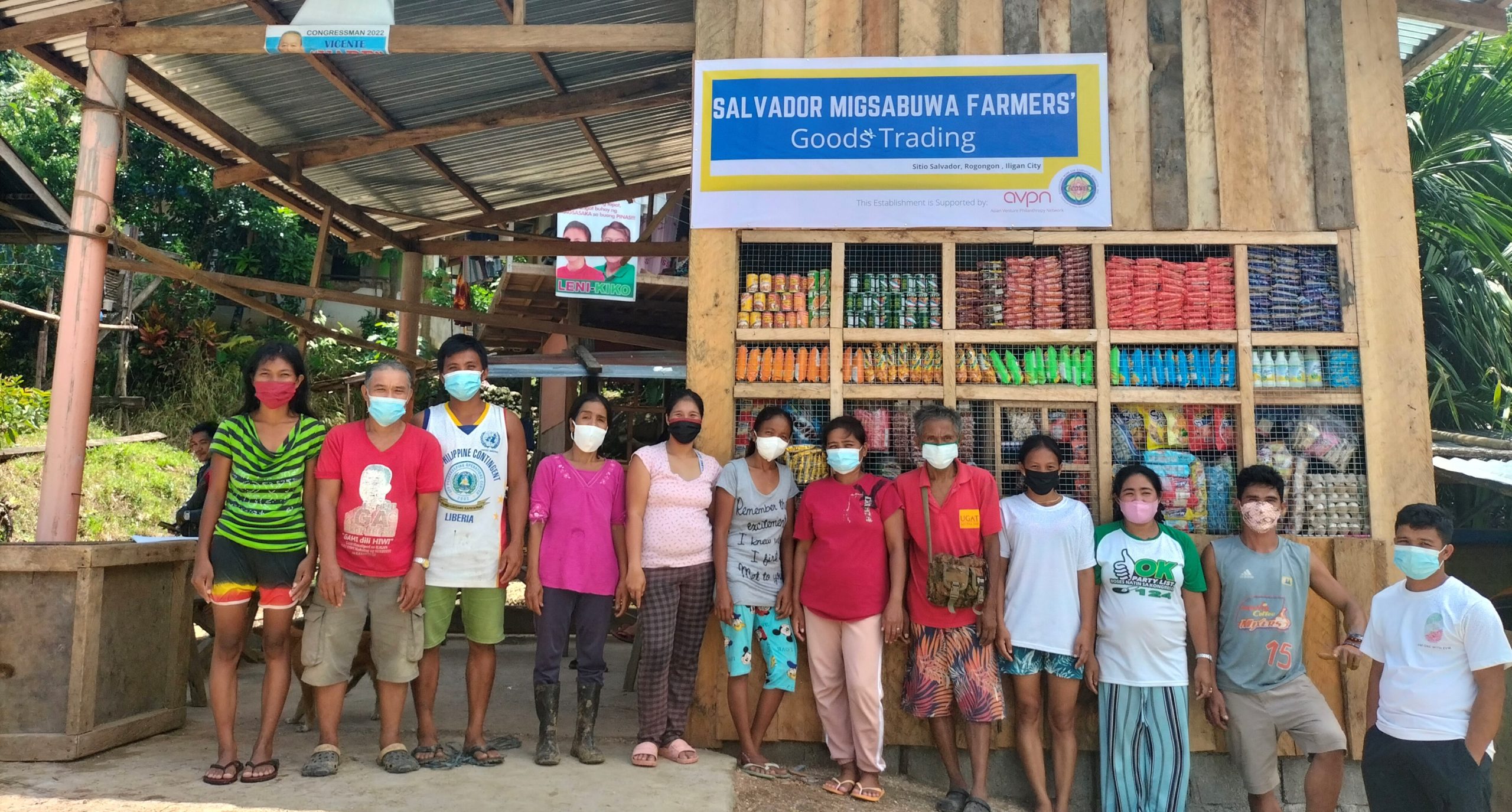
With the utmost demands of human welfare assistance in the different affected communities, it is with great substance to convene facilitators in different non-governmental organizations to be involved in conventional and participatory training.
In this way, establishing exceptional potentials in incorporating survivor and community led response will enable participants to equip themselves to use practical and unique practices to support the communities to lead their own responses to any forms of humanitarian crisis.
The 5-day Enabling of Facilitators (EoF) workshop have pioneered variety of methods to institutionalize practical understanding and capacity development for the participants to introduce sclr approaches among themselves while guiding and enabling others to use it as well.
Through the concerted efforts of Ecosystems Works for Essential Benefits (EcoWEB), Humanitarian Leadership Academy and Local to Global Protection in initiating the training, enabling the participants to facilitate and develop their own co-design have put them on threshold to expand additional understanding, concepts, motivation and skills to roll-out their own sclr approaches.
The participants of the workshop who not only had to handle the emerging learning of using sclr approaches in supporting communities but also had to supply additional concrete details to produce a set of guidelines or manual that will represent as a model and guide for others to have maximum background in facilitating co-design workshops in the future.
Further, forward-looking humanitarian organizations members have discussed different learning area and used different techniques, plenary or experiential activities, to use the information to determine foreseeable future outcomes and develop plans to influence the outcomes.
Additionally, EoF workshop catered a wide spectrum of knowledge especially in the disciplines of peace building, psychosocial interventions, disaster risk management, humanitarian management and planning, gender and sex empowerment and facilitating community in support to any means of reinforcements and journey the survivors’ ways through resiliency.
Influencing development pathways, the workshop also showcased strengths of current humanitarian programs and the corresponding weaknesses including the issues and gaps that should be prioritized when doing humanitarian response, at which are not currently addressed by mainstream emergency aids.

Corbett also said that in case of disasters, facilitators should establish support systems to avoid disruption of ordinary structures and social fabric. This is to give recognition to the aims of sclr approaches which is to support crisis-affected communities to lead and manage their own holistic and coordinated responses to emergencies that improve immediate well-being, strengthen longer term resilience and accelerate transformational change.
Through this, the Participatory Action Learning in Crisis (PALC) was straightened out to the facilitators that there is a need to foresee the importance of a community-based information, mobilization and learning systems. This is to give support for locally-led long term processes to address root causes of vulnerability.
Moreover, the training have manifested information about the importance of micro-grants. It was opened that survivors are responsive, diverse, holistic, locally prioritizing and context sensitive as they deliberate within the their self-help groups the potential benefits of micro-grants and interlinking speed, stronger ability to cope, collective self-help and individual livelihood and psychosocial impacts.
It was also determined that all of the potential benefits of micro-grants will definitely lead to resilience building by telling people to learn by doing, to strengthen on-the-job capacity development, to harness building of confidence, capacity and momentum to tackle root causes and to have clear communication of criteria to avoid rising expectations. As Corbett said, the criteria and objectives of micro-grants is not a science, but it is an art.
Furthermore, the workshop have invested structured definitions and future outlooks for the sclr to be properly delivered to the communities in need. With this, the facilitators have unified to heighten the promotion of sclr under the process of delivering good intentions and necessary assistance.

Sclr upholds survivors to manage and help to give themselves the liberation to live a better life and being hopeful in a lot of ways. It is the aim of this supporting action to know individual capacity and exposures that will bridge the gap of the negative mindset of some people.
The 5-day workshop have given the roles to harness the local capacity for leading humanitarian action especially in enabling the facilitators for supporting a survivor and community-led responses.
The workshop have given credits to the firmness of a facilitator’s point of view to help the community and to relay the information to other facilitators. It was about encouraging every individual to take smart risks to transfer power to communities and allowing the community in decision making, trusting local accountability mechanisms and prioritizing learning by doing.
EoF workshop have recognized the foundation of having sufficient growth of every organization and every facilitator to incorporate sclr and initiate own approaches in supporting communities to design, manage and implement emergency and recovery responses.

